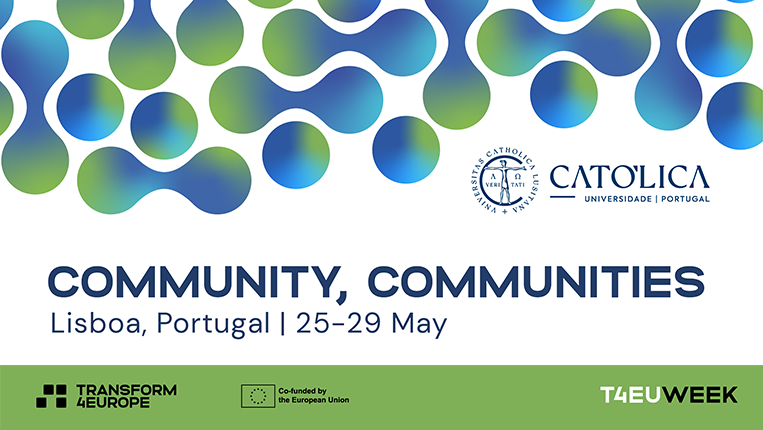Objectives and competences
To learn and deepen the theoretical principles of the classical technologies and unit operations most relevant to the food industry.
The student, at the end of this UC, should be able to establish and evaluate the operating conditions of the equipment used in the food industry. Students should also show the ability to operate pilot units.
Teaching Methodologies
Lectures where the topics are presented; tutorials for solving calculation problems; 3 practical classes at the food pilot hall; 1 virtual work.
Syllabus
1. Introduction
Overview of the Food Industry and processes in industrial food production plants — centrifugation, extraction, distillation, extrusion, size reduction prcesses, mixing processes, minimal processing, enmergent technologies.
2. Separation Processes
2.1. Evaporation
The basic equation of heat transfer. Area calculation.
Vapour mechanical recompression.
2.2. Membrane separation
3. Preservation Processes
3.1. Dehydration processes
The drying periods.
Drying time calculation.
3.2. Thermal processes — blanching, pasteurisation, sterilisation.
Thermal death kinetics. Concepts of D and z.
Lethality. Pasteurization and sterilisation values.
General method of calculating the process time in canning.
3.3. Heat removal processes — cooling in the post-harvest, chilling, freezing.
Chiiling and freezing times calculation. Plank’s general equation.





